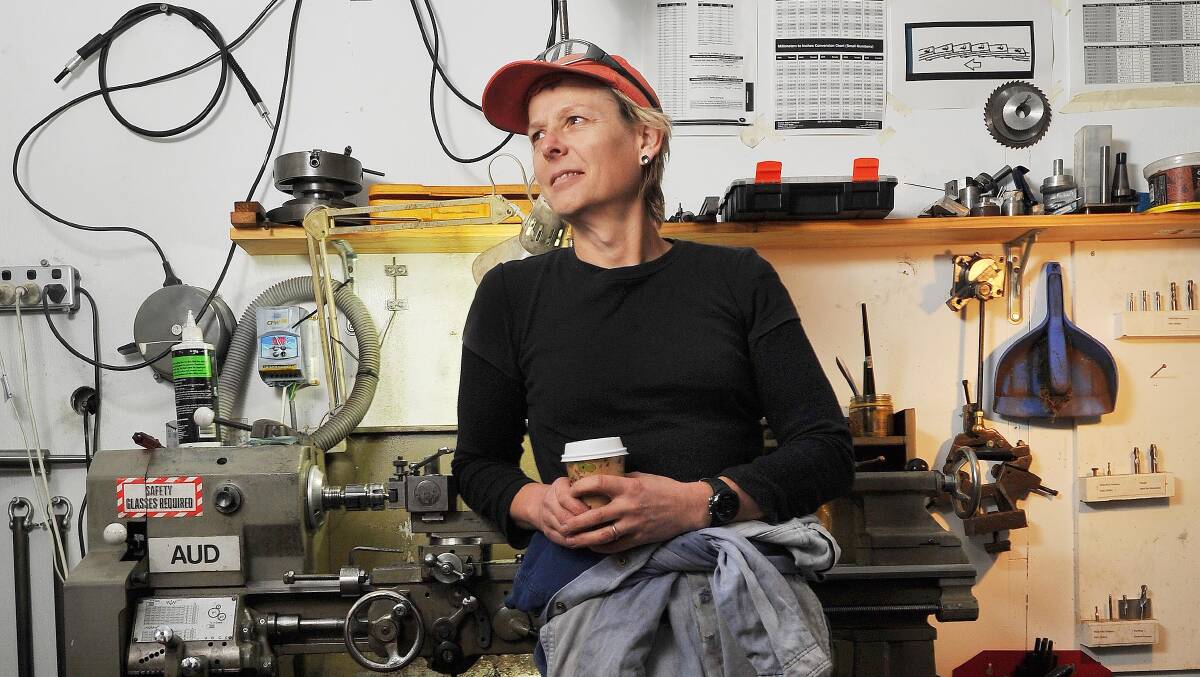
In what could be a dramatic change of position, Riverina MP Michael McCormack says he may vote in favour of same-sex marriage.
Subscribe now for unlimited access.
$0/
(min cost $0)
or signup to continue reading
Mr McCormack confirmed he will vote with the national consensus from a same-sex marriage plebiscite if the vote is compulsory, even if it puts him at odds with the people of the Riverina.
The Nationals’ member said he believed in traditional marriage and would personally vote not to change the Marriage Act, but he believed the will of the people should be upheld.
“If the parliament of Australia has gone to the trouble and expense and effort of holding this plebiscite then it’s important we uphold the will of the people,” Mr McCormack said.
“To my mind, what’s the point of a plebiscite if members of parliament vote the way they were going to vote anyway?”
Transgender woman Sarah Adcock said politicians should have been free to engage with their communities and then have a free vote.
“Parliament can decide all sorts of things, a free vote would have been reasonable but that’s not the approach they’ve taken here,” she said.
“I’m just disappointed it’s taken so long.”
Prior to the July 2 federal election, the Coalition promised to put a plebiscite on same-sex marriage to the people if they formed government again.
Attorney-General George Brandis is preparing a cabinet submission on the mechanics of the plebiscite, which will include a recommendation on whether or not the cases for and against changing the definition of marriage should be publicly funded.
The Australian Electoral Commission estimates it will cost $158.4 million to run the plebiscite - more than the $139.6 million cost of the 2013 federal election.
The $160 million vote is similar to a referendum, but with a crucial difference. Voters are expected to go to polling booths and be presented with a simple question about whether or not to change the Marriage Act. However, unlike a referendum the result is not binding on the parliament, a point highlighted by Labor and The Greens during the recent election campaign.
Ms Adcock said she was concerned a debate on the issue could cause more harm than good to young LGBTQI people who may not have support.
“There will have to be a public discourse and it may bait people into writing awful things,” she said.
“I’m concerned about the impact that will have in people who may not be resilient or have support in their lives.
“This issue seems to illicit a sense of ‘holding the moral line’ even though 70 per cent of Australians support it.”
While detractors would often put their position down to religion, Anglican Archdeacon David Ruthven said the church had lost its authority on the institution of marriage.
“The failure to speak out on issues like domestic violence means we’ve lost our voice as the ‘protector’ of marriage,” he said.
“For a long time we prided ourselves as upholding the institution of marriage, but we can’t claim a moral authority any longer.”
Archdeacon Ruthven said the official position of the Anglican church was to define marriage as between a man and a woman and it was recently upheld at an international meeting of church leaders.
“They upheld the definition but they also acknowledged the church had not always acted well toward gay people and said we need to ensure they feel welcome and at home in the church,” he said.
“While the church holds the traditional view of marriage it’s just one issue, I’m more concerned that people feel loved – Jesus loves them, that’s the main message of the church.
“There’s work to do to reconcile with gay people and help them feel accepted, we need to have conversations and sometimes we may agree and disagree on issues.”


